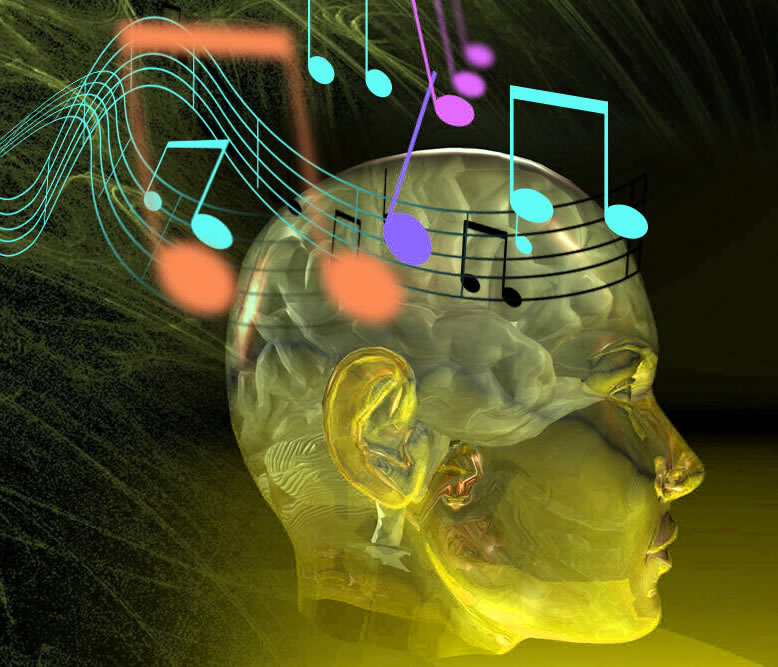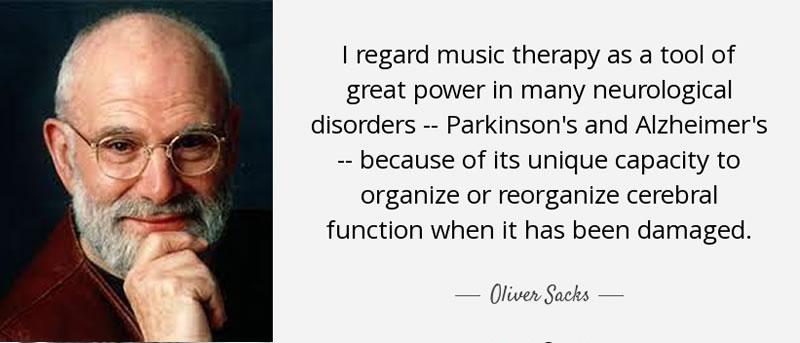Positive Energy and Music
When we listen to music, we can’t help but dance like no one is looking, sing till our throats are aching, and stamp our feet incessantly. Because there is so much music available, different types of music have varied effects on different people. There is a limitless variety of music to listen to, ranging from rock and folk to electronic and pop, and everything in between. Finding the songs that speak to you is vital, as is discovering new music.
Music, according to researchers at the MARCS Institute for Brain, Behaviour, and Development, improves memory and recall, as well as the ability to learn more effectively. Our brains are capable of eliciting certain feelings, memories, and ideas, which frequently results in more favourable consequences on our mental health.
Advantages that music have on our brains

Elevate your mood and motivation
A high sense of mental well-being is strongly associated with sentiments of optimism and happiness. Consequently, if you’re having a horrible day, nothing beats blasting upbeat and joyful music over your speakers to the maximum volume possible. The upbeat musical tones and lyrics will transform or boost your attitude, and you will feel more confident and prepared for the day ahead.
Is your morning off to a sluggish start? Do you need to get through a particularly difficult day or week? Do you lack the drive to go for a run? When you listen to music that’s fast-paced and upbeat, you’re more likely to become pumped up and excited about what’s ahead. In fact, experts have shown that classical and ambient music have the greatest advantages for improving one’s mood, whilst metal and strong electronic music have been found to have the opposite impact on one’s mood.
Reduce stress

The capacity of music to serve as a stress reliever should not be underestimated. Certain forms of music, whether they’re playing in the background or receiving your complete attention, have a natural tendency to relieve tension. Soft, ambient music helps to relax the mind by stimulating it in a peaceful manner. In this instance, it is advised to avoid listening to hard rock or metal to keep your stress levels down.
If you’re seeking music that can help you relax, look for playlists that include a lot of ambient and silent music.
Improve focus
You may utilise music to help you with your regular tasks, which is one of the many wonderful benefits of music. Many people find it challenging to maintain attention and concentration on a particular task, whether it’s studying, doing a job, or cleaning the house. Certain forms of music have been shown to improve concentration, thus it’s crucial to know which music to listen to while trying to improve concentration.
We recommend that you listen to instrumental, classical, or ambient music while reading this article.

Help relaxation
At the conclusion of a hard day, everyone appreciates the opportunity to unwind and shut off their minds. Playing music is a simple method of encouraging relaxation since it reduces tension in your muscles, allowing you to let go of any stress or worry you may be feeling. When your muscles are relaxed, your mind is as well.
The act of drifting off to sleep while listening to music may also be a very effective method of relaxing and lowering stress since it can assist to slow your breathing and calm your thoughts.
Reduce anxiety and depression
When it comes to anxiety and depression, understanding how music influences your emotions might go a long way toward relieving the symptoms. As a method of treating anxiety and depression, music therapy has grown more popular. It is a musical practice that involves listening to and writing therapeutic music in order to aid in bodily and mental recovery.
In fact, according to recent research conducted by Dr. David Lewis-Hodgson of Mindlab International, instrumental, classical, or ambient music can help lower anxiety by as much as 65 per cent.
Music helps us exercise

How many of us work out to rock & roll or other uplifting music while listening to our favourite songs? It turns out that the study confirms what we already know: that listening to music while exercising helps us get more exercise for our money.
In a study conducted in the United Kingdom, thirty volunteers were recruited to walk on a treadmill while listening to either motivating synchronised music, non-motivational synchronised music, or no music. They were instructed to walk until they achieved tiredness levels.
When compared to controls, measurements revealed that both music conditions increased the number of time individuals spent working out (with motivating music increasing it by a substantial amount more than the other). The individuals who listened to inspiring music also reported that they felt better during their workout than the people who participated in the other two groups.
In another research, participants’ oxygen consumption levels were monitored while they exercised on a stationary bike while listening to different tempos of music. Participants’ bodies used up more oxygen while they were listening to music with a rhythm that was quicker and synchronous with their movements, as opposed to when the music was played at a slower and unsynchronized speed.
Music may aid memory

It has been shown that dopamine release is associated with music enjoyment, and that dopamine release is associated with motivation, which has been linked to learning and memory. When asked to talk, or speak in a rhythmic manner, or sing sentences in the alien language of Hungarian, adult students taking a Hungarian course were requested to participate in a recent study. Following that, when the singing group was asked to recollect the foreign words, they performed much better than the other two groups in terms of recall accuracy.
Evidence that music can aid in memory retrieval has prompted researchers to investigate the influence of music on certain groups, such as people who suffer from memory loss as a result of a medical condition. An investigation conducted in 2008 found that stroke patients undergoing rehabilitation were randomly allocated to listen daily to one of three types of music: self-selected music, an audiobook, or nothing (in addition to receiving their usual care).

At one week, three months, and six months after the stroke, the patients were evaluated for their mood and quality of life as well as a variety of cognitive assessments. As a result, individuals in the music group showed much greater improvements in verbal memory and focused attention than those in the other groups, and they were significantly less sad and confused than controls at each of the three testing points.
